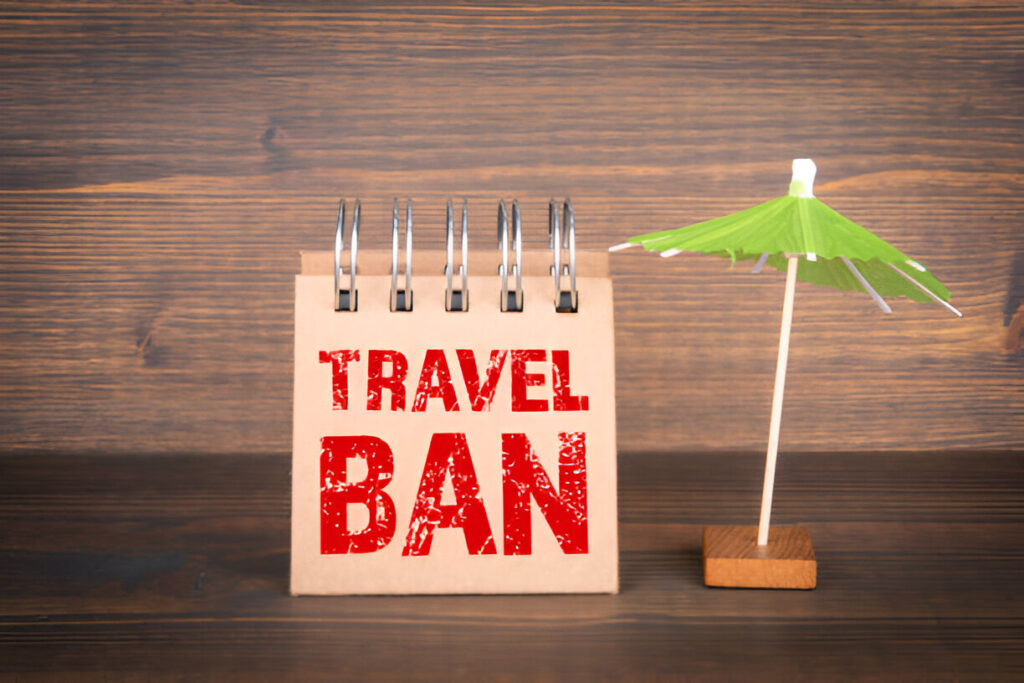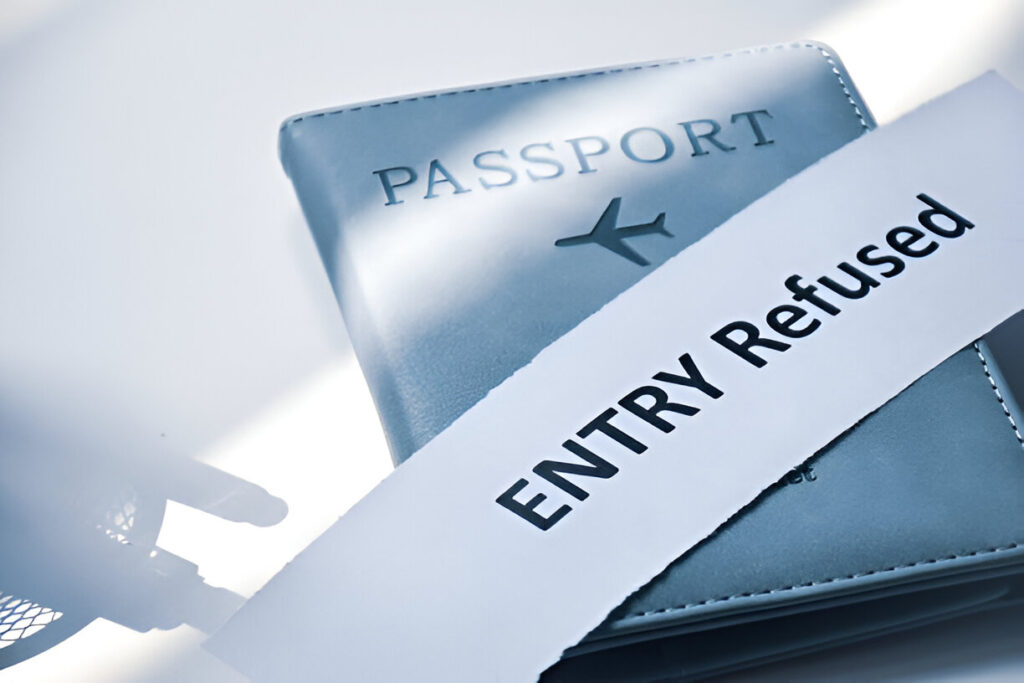Why US imposed visa restrictions on Indian travel agencies of facilitating illegal immigration. Learn the impact, responses, and what means to future travelers.

Introduction: Illegal Immigration
The United States recently drew attention by placing certain Indian travel agents allegedly connected to illegal immigration schemes under visa restrictions. This audacious action highlights increasing attention on travel companies using immigration policy loopholes. What drove this choice, though, and what impact will it have on companies and tourists? Let’s explore the narrative.
The Rising Tide of Visa Restrictions
Although visa limitations are not new, their particular application against Indian travel agents represents a notable escalation. The US Department of State confirmed that investigations are underway on agencies in Delhi, Punjab, Gujarat, and Maharashtra for arranging fake job letters, “donation-based” visa packages, and bogus papers.
By claiming high fees to assist applicants around legal channels, these travel companies supposedly contributed to illegal immigration to the United States. The United States hopes to destroy networks benefiting from desperation by limiting visas for agency personnel and associates.
How Travel Agencies Became Gatekeepers for Illegal Immigration
For years, India travel agents have played dual roles: legitimate service providers and underground operators. While most agencies adhere to laws, a growing subset has capitalized on the demand for US migration—legal or otherwise.
Illegal immigration tactics include:
Submitting forged financial statements.
Coaching applicants to misrepresent travel intentions.
Bribing officials to fast-track applications.
The US claims these travel agencies created “ghost consultancies” to fabricate job offers, luring applicants into overstaying visas.
India’s Response: Shock, Backlash, and Reforms
Surprised by the broad US visa bans, the Indian government urged sharing data for joint action. Meanwhile, industry groups like the Travel Agents Association of India (TAAI) denounced the bans, saying that “the whole business should not be tainted by a few bad players.
India’s Ministry of External Affairs declared tighter licensing requirements for travel agencies—including requisite audits and fraud penalties—in an effort to combat malpractice.

The Domino Effect on Legal Applicants
While the visa restrictions target illicit activities, legitimate travelers fear collateral damage. Students, professionals, and tourists now face heightened scrutiny.
One Mumbai-based applicant shared: “My visa was delayed for months because my agency was blacklisted. I had no idea they were involved in scams!”
Experts advise applicants to:
Verify agency licenses through government portals.
Avoid “guaranteed visa” schemes.
Opt for transparent fee structures.
Curbing Illegal Immigration: A Global Challenge
The US isn’t alone in battling illegal immigration. Canada, Australia, and the UK have also tightened vetting for high-risk regions. However, the focus on India travel agents highlights South Asia’s role as a hub for migration-related fraud.
A 2023 Interpol report noted a 40% rise in counterfeit document seizures linked to Indian travel agencies. This crackdown could set a precedent for multinational cooperation.
What’s Next for US-India Immigration Relations?
The visa restrictions have strained diplomatic ties, but both nations agree on the need for reform. Proposed solutions include:
A shared database of accredited travel agencies.
Faster deportation processes for overstayers.
Public awareness campaigns on legal migration.
For now, affected India travel agents face frozen assets, travel bans, and potential criminal charges.

Conclusion
The US’s visa restrictions on India travel agents signal a tougher stance on illegal immigration. While the move disrupts corrupt networks, it also reminds applicants to choose agencies wisely. As policies evolve, transparency and cooperation will be key to balancing security and opportunity.